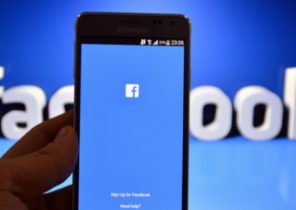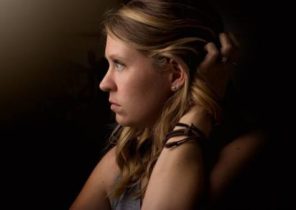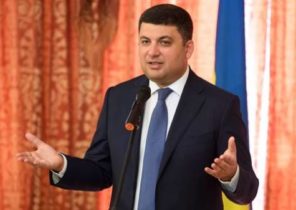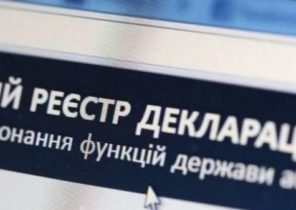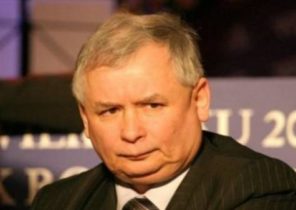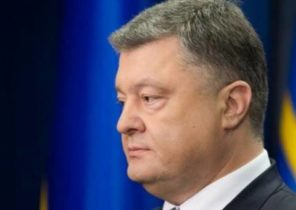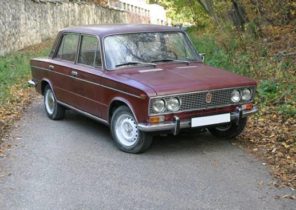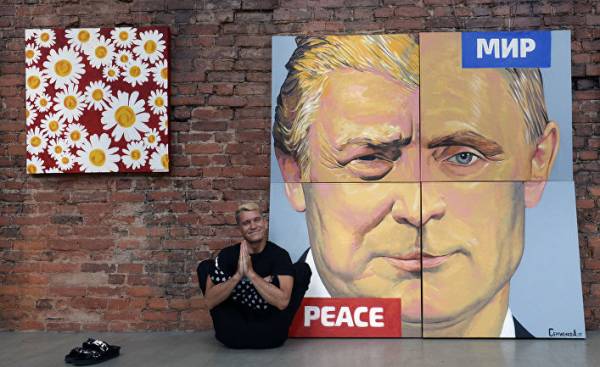
Sofia, Bulgaria — There is something strange in the possession of the Americans Putin’s Russia. Of course, the annexation of Crimea, the Russian military operation in Syria and intervention in the elections abroad are likely to worry many in America. However, this does not explain why liberals in the United States care about Russia more than, say, the growing economic power of China, coupled with geopolitical ambitions, or a global ideological potential of radical Islam or the madness of nuclear weapon of North Korea.
Russia is experiencing a demographic decline. She has trouble with the upgrades. Its economy is overly dependent on natural resources. Its population is one of the most educated on the planet, but it is the lowest in the industrialized world productivity. Of course, Vladimir Putin is a strong and ruthless leader enjoying popular support within the country and known abroad, but the Russian state institutions are inefficient and affected by corruption. Russian officials are actively fighting each other for power and money and more compete than cooperate. What future awaits Russia after the departure of Mr. Putin — when this nothing happened, we can only speculate.
Did just two years ago, President Barack Obama called Russia a “regional power”? Perhaps even now, most experts agree that with all the aggressiveness and military power of Moscow and its efforts to become a counterweight to American influence in the world it cannot be called a traditional “power takeoff”? As he wrote last year in Foreign Affairs the famous American historian Stephen Kotkin (Stephen Kotkin), “in the last five centuries of Russian foreign policy was characterized by exorbitant ambitions beyond the capabilities of the country.” Now in this sense, nothing has changed.
However, despite all this, Americans like Russia is simultaneously appalling and mesmerizing. It may be simply that liberal America “Moscow” means “Donald trump”?
The answer to this question, as on many of the major issues of our time, can be found in classic Russian literature — in this case, in the novel by Fyodor Dostoevsky called the Double. This is the story of a petty official caught up in the crazy house after colliding with his counterpart — with a man who looked and sounded exactly the same as he, but I had a missing his charm and confidence. Double driving character of Dostoevsky’s mind, not because it looks the same, but because it makes him see that he don’t like about yourself. In the same way is the case now with the United States and Russia.
The Soviet Union alarmed the West for most of the twentieth century because it was completely different. It was not God, there was no private property, there was no political pluralism. To svetservice America could only have after losing the war with communism. On the contrary, Russia Mr. Putin is afraid of the Americans because they know the United States and Russia should be completely different, but I see many of the Russian pathologies in the United States. Liberal America is not afraid that Russia will rule the world — not at all. Although liberals may not recognize, but in reality they are afraid that the United States is beginning to resemble Russia.
The Kremlin two decades now, explained my problems and failures of external intervention. Now exactly the same goes and America. Everything that is not like the American liberals – win Mr. trump’s elections, seeking a reversal of the process of democratization in the world, the weakening of American power, they are perceived as the results of the intrigues of Mr. Putin.
American liberals rightly believe that Russia is a frightening example of authoritarianism, functioning in a democratic institutional framework. Russian “managed democracy” demonstrates that the institutions and practices originally designed to free the citizens from the whims of irresponsible rulers, can be reconfigured so that, in fact, deprive people of basic civil rights (while allowing them to vote).
Russia can also serve as an example of what it looks like politics, when the elite is completely cut off from the people. In such a society inequality is not just reigns, but is the norm, and a narrow circle of wealthy and politically unaccountable to voters rulers can remain in power without resorting to serious violence. They do not need to suppress or control their fellow citizens — simply ignore them as a nuisance.
It is likely that after some time, the Americans from the working class will begin to understand that, in all cardinal differences between the Russian and the American economy, the technological revolution led by Silicon valley, with time, could push Western society to authoritarianism — the same way as the abundance of natural resources made possible the regime of Mr. Putin. Robots — as post-Soviet citizens are not too interested in democracy.
The Americans for many years, watching the social and political problems of Russia, believed that she is stuck in the past though, maybe someday will be able to become a modern country like the United States. But that was before. Now many in America — consciously or not — fear that when they look at Russia, they look to the future. And that most unpleasant of all, it may be their own future.
Ivan Krastev — President of the Center for liberal strategies, researcher at the Vienna Institute of human Sciences, columnist, author of “After Europe” (“After Europe”).
